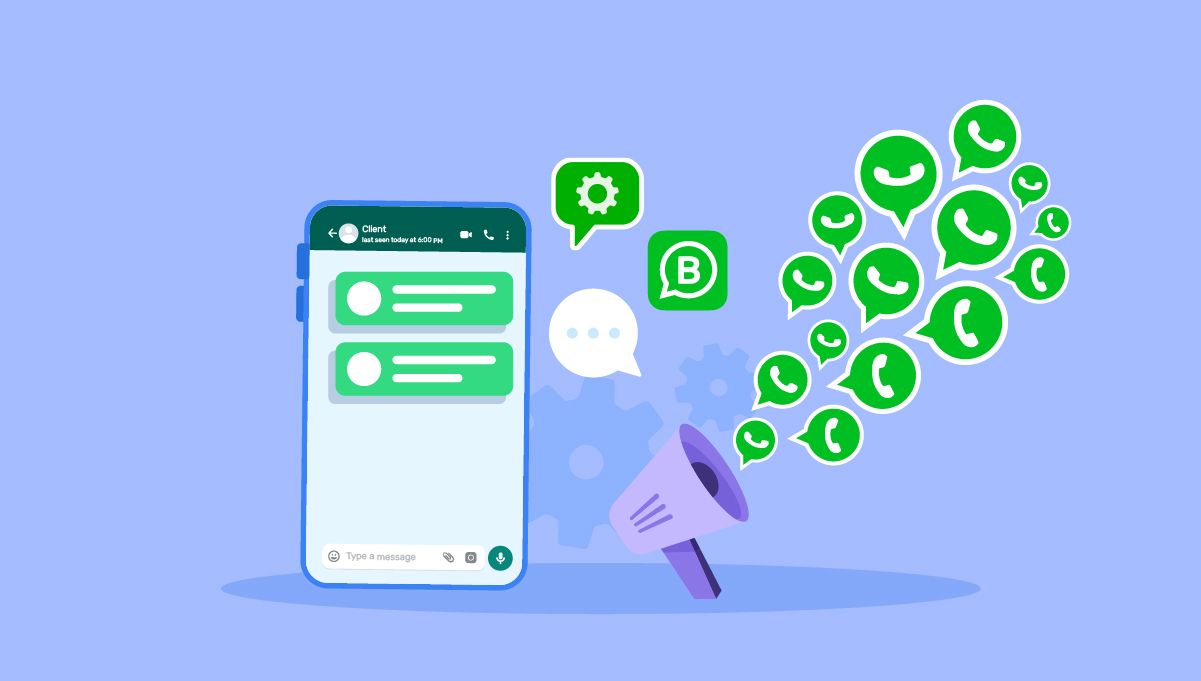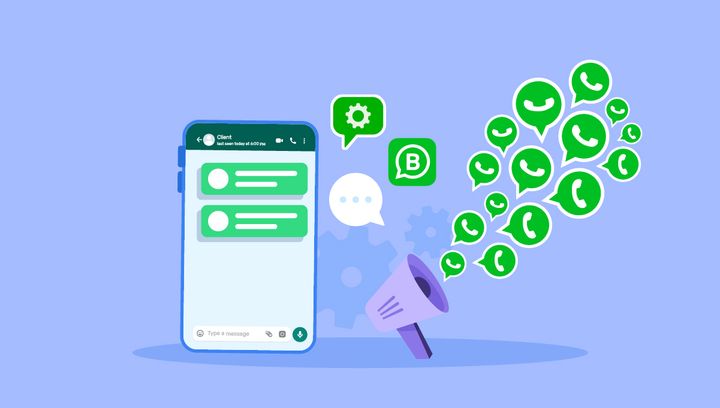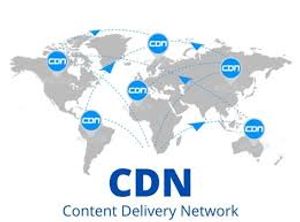In today's sharp-transcending digital environment, companies always seek more effective ways to contact customers. WhatsApp, with more than two billion global users, has become one of the most reliable and user -friendly platforms for real -time communication. Bulk WhatsApp Messenger Tools extends these opportunities by sending messages to companies on a scale.
From promotional campaigns to customer help, bulk messages can change how companies interact with the public. This guide explains features, applications, benefits, risks and best practices to use Wholesale WhatsApp Messenger in 2025.

Why Bulk WhatsApp Messenger Matters
Communication
Traditional marketing channels such as SMS and E -Male are ignored. However, WhatsApp messages receive too much open prices and fast distribution. Wholesale equipment organizations are able to transfer updates of thousands of contacts at the same time.
Cost of costs
The wholesaler messages reduce operations automatically by automatic order, reminder and promotion of events. Compared to customer centers or ads, it offers cheaper customer inventory options.
Global reach
With WhatsApp penetration in more than 180 countries, companies can target international customers without the complexity of many communication platforms.
Key Features of Bulk WhatsApp Messenge
Personalization: Dynamic variables such as names, order-ID or place feel sewn by wholesale messages.
-
Multimedia support: Pictures, PDF, catalog, challenge and video for rich commitment.
-
Automatic planning: Pre-schedule messages for campaign, reminder or seasonal publicity.
-
Chatbots-integration: Enable 24/7 automated reactions for frequently asked questions.
-
Analysis and reports: Track delivery, read receipts, click-tree and promotional performance.
-
Access to multiple devices: Manage the campaign from Desktop, mobile or cloud dashboard.
Uses of Bulk WhatsApp Messenger
Marketing campaign
Companies initiate campaign campaigns, and declare product launch using stock rights and bulk tools. This helps brands reach large audience faster.
Customer service
Automatic reactions and chatbot responses improve in time and the customer improves the experience.
internal communication
Organizations also use bulk messages to share important announcements about human resources, programs or notifications with employees.
Event administration
From reminders to follow -up, bulk messages help organizers to keep the attendees at all stages of a program.
Benefits and Limitations
Benefits
High open rates than e-post
Cost savings on customer engagement
Easy integration with CRM tools
Customer response tracking
Limits
Excessive use can cause users to block or report as spam
WhatsApp Business policy compliance is compulsory
Be careful to avoid irrelevant outreach
Compliance and Policy Consideration
Use WhatsApp Business API or verified solution
-
Obtain customer consent before sending promotional material
-
Respect local data protection laws such as GDPR or India's DPDP-Law
-
Failure to comply may lead to punishment or permanent restrictions
Recent Trends in 2025
AI-operated chatbots: Automation of customer watches with natural language treatment.
-
Personal campaign: AI-wanding division for the target message.
-
Rich media marketing: Get traction in short videos, catalogs and interactive choices.
-
Integration with e-commerce: Confirmation of seamless order, payment links and tracking via WhatsApp
How to Choose the Right Bulk WhatsApp Tool
Businesses should evaluate:
-
Scalability: Can it handle the size of your campaign?
-
Compliance: Do the WhatsApp guides follow?
-
Automation: Does it support planning and AI chatbots?
-
Analytics: Are performance measurements available?
Checklist for Businesses
Get the user's consent before bulk messages
-
Segment audience for personalization
-
Use official WhatsApp Business API suppliers
-
Monitor analyzes and adjust the campaigns
-
Keep messages short and relevant
Comparison Table: Bulk WhatsApp vs Traditional Marketing
| Factor | Bulk WhatsApp Messenger | SMS Marketing | Email Marketing |
|---|---|---|---|
| Open Rate | Very High (90%+) | Moderate | Low to Medium |
| Personalization | High (names, orders) | Limited | High |
| Multimedia Support | Yes (images, PDFs, etc.) | No | Yes |
| Cost Effectiveness | High | Medium | High |
| Global Reach | Very High | High | High |
FAQs
Is wholesale WhatsApp Messenger legal?
Yes, provided the company follows the guidelines for WhatsApp, obtain the consent of the user and avoid spamming.
How many messages can be sent at a time?
It depends on the platform and approval level of WhatsApp Business API, but thousands can be managed daily with confirmed accounts.
Can small businesses benefit from bulk messages?
Absolutely. Even small dealers and local businesses are used for promotion, distribution updates and reminders.
WhatsApp blocks wholesale messages?
Yes, if sent without consent or user rejected third -party equipment. Always use authorized suppliers.
Conclusion
Bulk WhatsApp Messenger has developed as a powerful tool for modern businesses. Customer communication can be changed when balanced with compliance, balanced with expertise, the company's trust and long -term conditions. The key lies in using it in a responsible way - privatization, openness and taking into account the customer.







